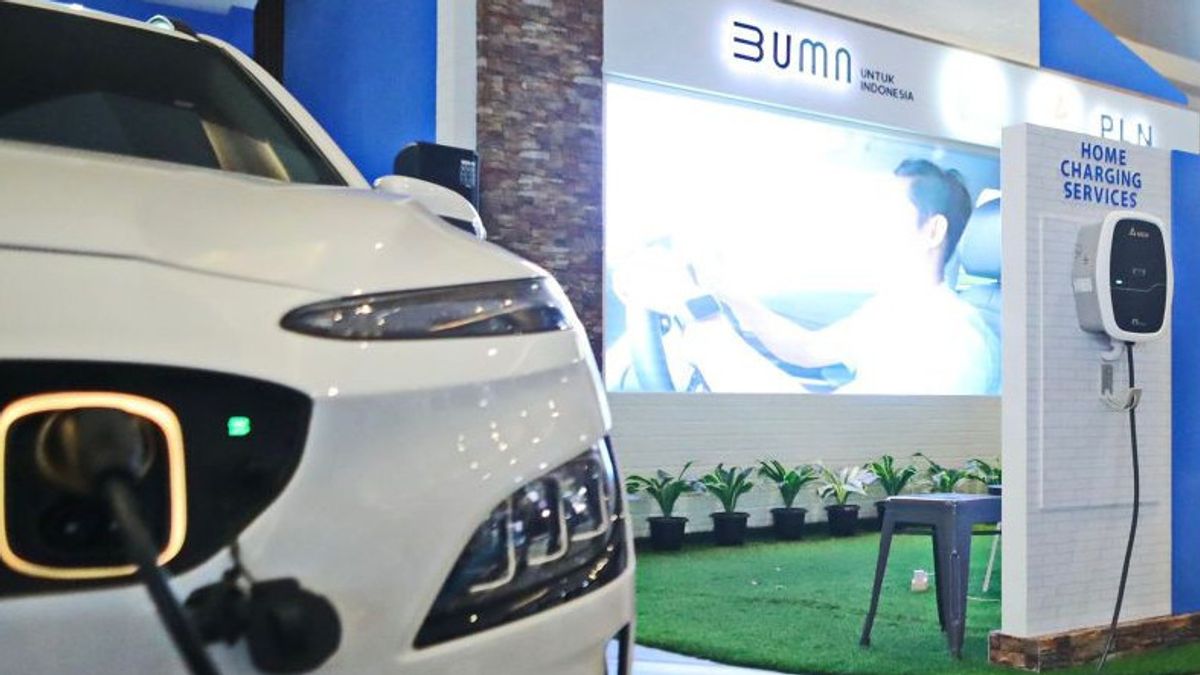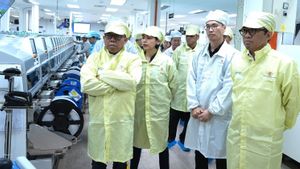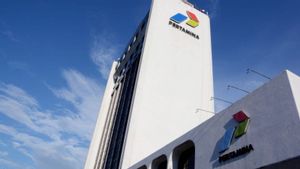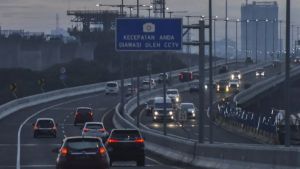Transportation observer Ki Darmaningtyas hopes that the government will review the plan to provide incentives through a subsidy for buying private electric vehicles in Indonesia.
"If the government will provide subsidies through the procurement of electric vehicles, the subsidies should be for public transportation," said the Head of the Institute for Transportation Studies (Instran), quoted from Antara, Thursday, January 12.
Darmaningtyas said the government could provide subsidies to public transport entrepreneurs to buy commercially operational electric buses.
According to him, providing subsidies to public transport companies will encourage the development of the electric vehicle industry, as well as be able to improve public transportation services with transportation facilities that are more environmentally friendly, and can reduce congestion.
He explained that the subsidy for buying buses intended for public transportation is right on target because the majority of users of public transportation are middle to lower class.
In addition, the subsidy for buying electric buses for public transportation will also not add to road congestion as well as subsidies to buy electric cars or electric motors.
"The (private) electric vehicle subsidy will increase the number of vehicles circulating on the road so that in addition to increasing traffic jams, it will also cause traffic chaos and contribute to the increasing number of traffic accidents," he said.
In line with this, the Head of the Advocacy and Community Division of the Indonesian Transportation Society (MTI) Djoko Setijowarno assessed that the subsidy plan of IDR 5 trillion for the purchase of electric vehicles should be diverted to improvements and improvements in public transportation.
Djoko assessed that the largest community mobility is still in the land transportation sector so that subsidies can be provided for urban public transportation and pioneering road transportation.
"To increase subsidies in the land transportation sector, it is wiser for the government and the DPR to agree to transfer incentives for electric vehicles of IDR 5 trillion to be given to improvements and improvements in public transportation," he said.
The academic of the Unika Soegijapranata Civil Engineering Study Program said that in general, the condition of mass transportation services is decreasing, plus geographical conditions that make it difficult to distribute fuel, especially in 3T (Front, Outermost, and Disadvantaged) areas and archipelago areas.
He said many public transportation were not suitable to operate in a number of areas. In addition, many villages no longer have rural transportation.
As a result, students in rural areas to school switch to using motorbikes. This also happens in urban areas where the quality of public transportation services has decreased.
"So it is wiser for the incentives for electric vehicles to be prioritized to fix public transportation. The inflation rate can be reduced by more and more citizens using public transportation in urban areas," he said.
Djoko added, by providing subsidies to electric vehicles in the 3T area, the government can focus on improving the available electricity infrastructure.
In line with meeting the fuel needs for power plants in the area, the ecosystem will be built and fuel dependence can be reduced.
"Providing incentives to fix public transportation in many cities, 3T and archipelagic regional electric vehicles will be wiser and on target. In urban congestion will decrease, the number of accidents will decrease and air pollution will be low," he said.
The English, Chinese, Japanese, Arabic, and French versions are automatically generated by the AI. So there may still be inaccuracies in translating, please always see Indonesian as our main language. (system supported by DigitalSiber.id)













